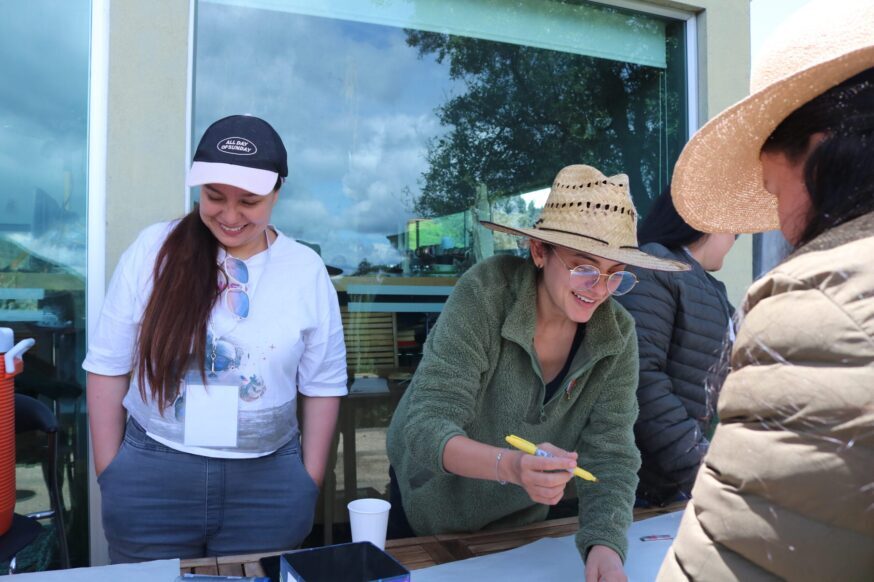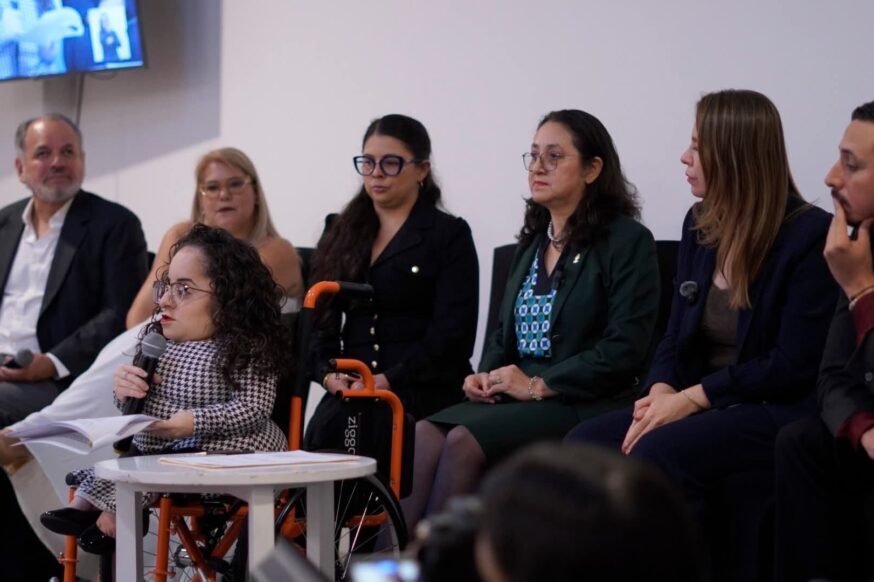Climate change is a complex, emergent challenge that requires actors across industries, sectors, and scales of leadership to work together to build a just and regenerative future for everyone.
This scale of collective action can only be achieved with a substantial shift away from traditional command-and-control leadership models and expertise-led programming. We need vastly new skills and competencies for 21st century leadership – from deep listening and shared visioning with diverse actors to understanding and stewarding action at different systems scales.
At our London Climate Action Week workshop, we explored these skills and competencies with 30+ climate leaders from philanthropy, government, non-profits, the private sector, and communities. In this blog, we share what we did, what we learnt, and invite you to join us in our journey to Reimagine Leadership for Climate Action.
Understanding climate leadership and action at different scales
Effective climate response involves weaving together climate action across silos. This requires awareness of the entry points and levels of agency held by different stakeholder groups, both at the individual and collective scale. And at the systems scale, it requires building competencies around horizon scanning and signal-spotting to identify new leverage points for shared learning and action.
To explore this, participants paired up to discuss:
- Actions they have taken and challenges they have faced when enacting climate action at an individual and collective scale.
- Shifts they noticed at the systems scale that were enabling/slowing climate action.
The exercise was set up to have participants engage with climate issues from the vantage point of others. Honing capacities for listening with intent and empathy is critical to creating spaces for collaboration across difference, inequity, and polarisation.
As participants moved back into groups, they were supported through a sensemaking exercise to reflect on similarities and differences in the themes that emerged and the contexts underpinning them. They were also provided spaces to reflect on their capacity to be curious, listen generously, and not rush to rationalise.

Imagining new collective futures
The second part of our workshop focussed on imagination and shared visioning. Responding to the climate crisis requires reimagining our ways of living, working, and interacting. To achieve this, we need to work backwards from new and collective futures, and not just limit ourselves to making incremental tweaks to current inefficiencies. Leadership in the climate space requires engagement with imagination, particularly with diverse stakeholder groups, so the new systems we are building work for everyone. And for the planet.
Participants engaged in reflective journaling: they were asked to imagine their ideal future in 5-10 years (from what it looks like to how it feels and sounds), building out scenarios for how that future might be arrived at; and unpacking the changes, actions, and signals at the individual, collective, and systems scale. Participants were encouraged to draw or illustrate their thoughts rather than using words to activate different ways of knowing and new insight. Afterwards, participants moved into groups to sensemake and develop collective future visions with different actor groups.

As participants discussed their visions, many were surprised at how aligned their illustrations of the future were, despite their vastly different starting points and challenges. They noted that their visions easily layered over one another to create a broader, more complete, but ultimately aligned collective future.
“This [exercise] created a really unique space to be a bit more optimistic and energetic.” – Participant
It’s a pattern we often see in our work; co-creating collective visions of the future can tone down challenging conversations, catalysing energy around areas of alignment rather than difference, and building pathways for partnership, shared power, and tangible action.

A tapestry of the visions of a greener future that emerged from the workshop.
Where next?
Our work on Reimagining Leadership for Climate Action has only just begun.
We’d love to hear from others working on new models of leadership to drive climate action – if this is you, please get in touch!




